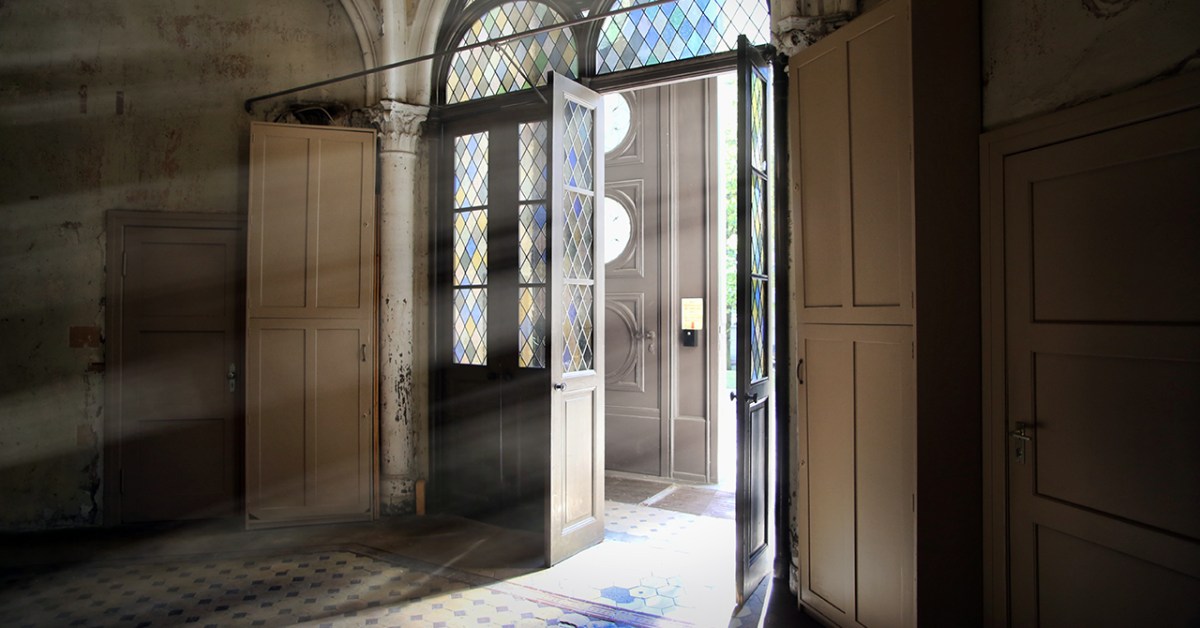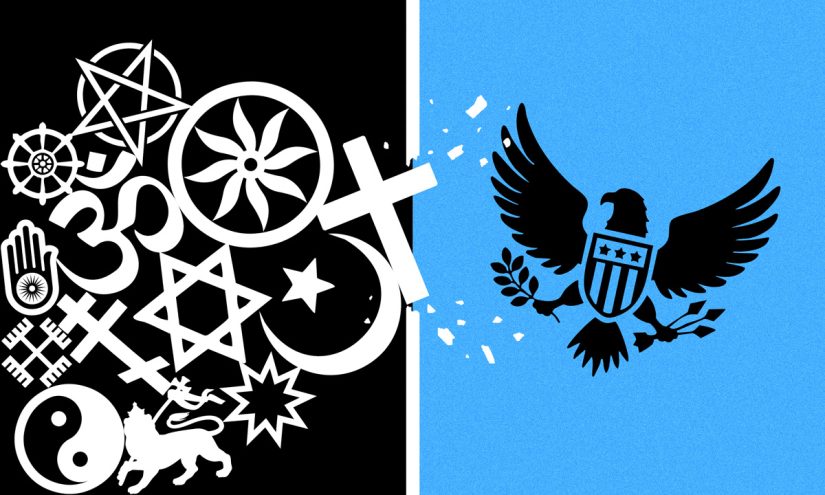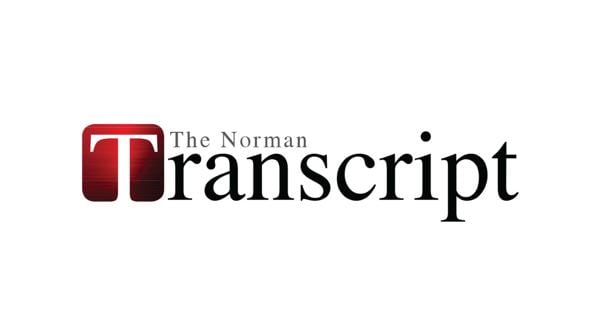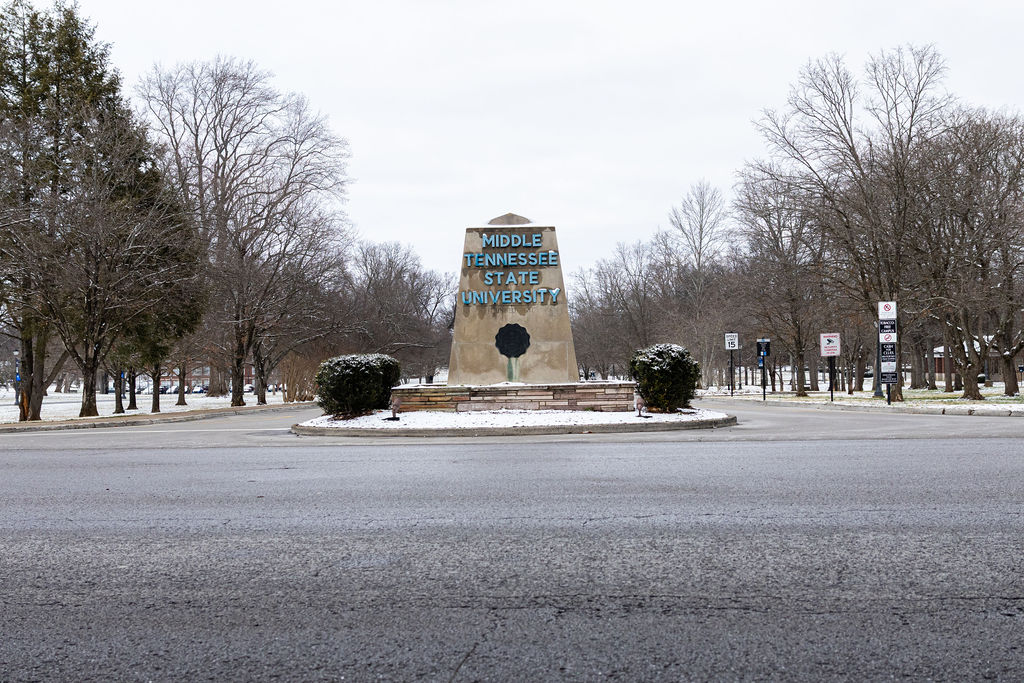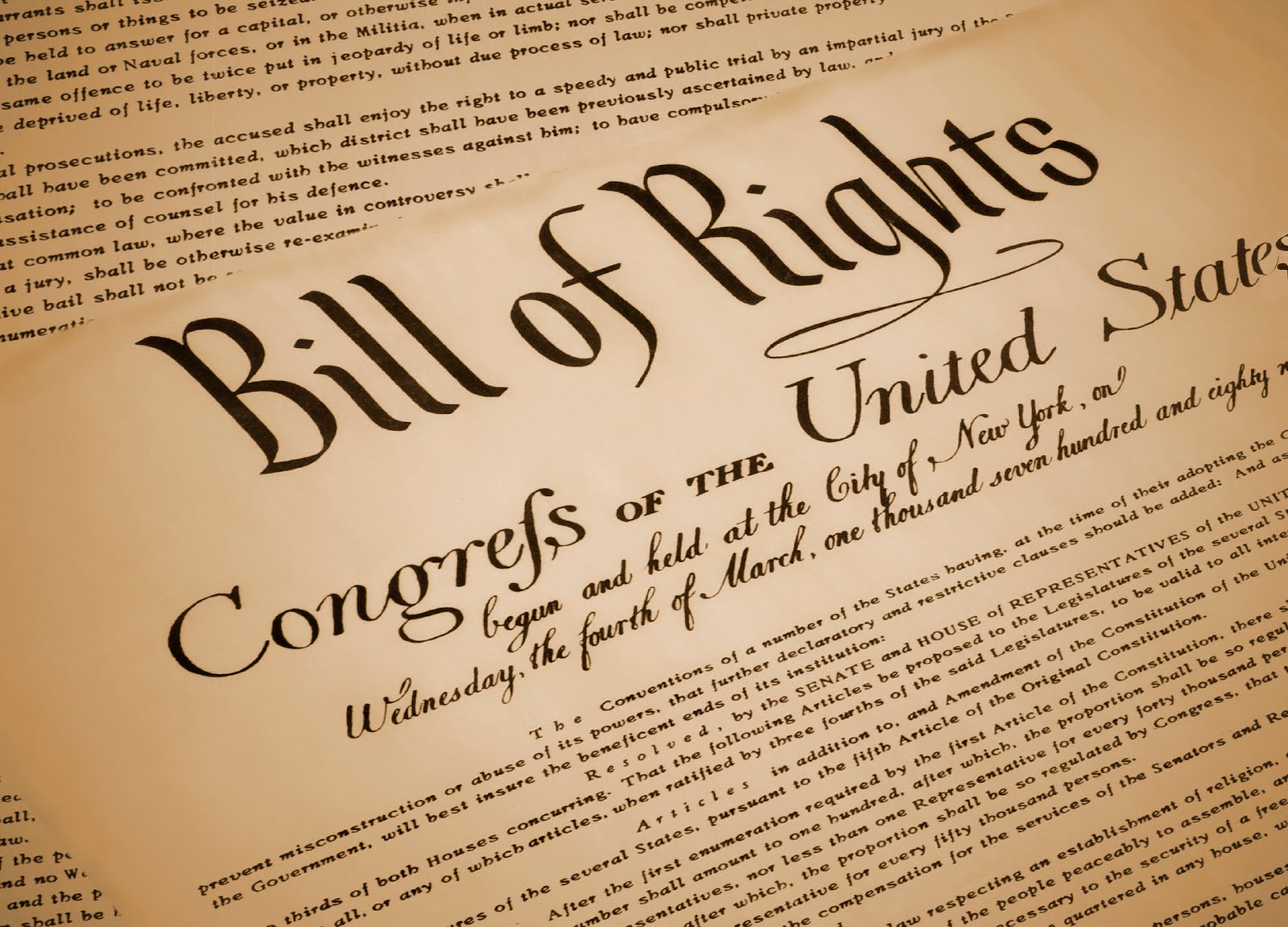Faith vs. Freedom: ACLU Confronts Religious Controversy
Religion
2025-03-19 17:47:16Content
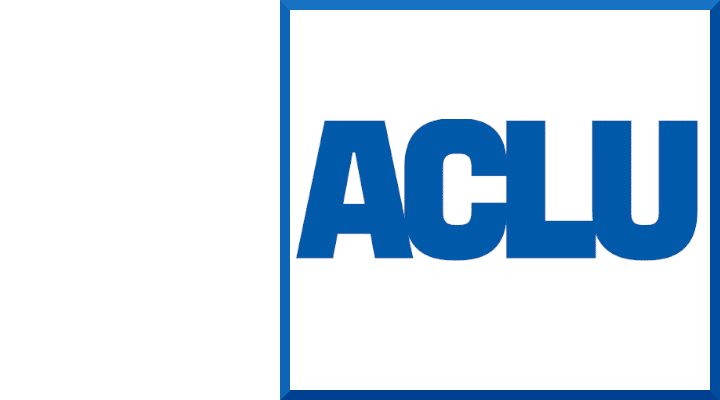
Bill Donohue: A Passionate Defender of Catholic Interests
Bill Donohue stands as a prominent and controversial figure in American religious advocacy, serving as the president of the Catholic League for Religious and Civil Rights since 1993. Known for his unapologetic and often combative approach, Donohue has become a powerful voice in defending Catholic interests and challenging what he perceives as anti-Catholic bias in media, entertainment, and public discourse.
With a Ph.D. in sociology from New York University, Donohue brings academic credibility to his passionate activism. He has authored several books and frequently appears as a commentator on national media platforms, fearlessly addressing issues he believes threaten Catholic values and religious freedom.
His organization, the Catholic League, has been instrumental in challenging what Donohue sees as discriminatory portrayals of Catholics and Catholic institutions. Whether confronting media outlets, challenging artistic representations, or defending the Catholic Church's reputation, Donohue has established himself as a formidable and outspoken advocate.
Critics may view his approach as confrontational, but supporters appreciate his unwavering commitment to defending Catholic interests and challenging what they consider unfair criticism of the Church. Donohue's work continues to spark debate and draw attention to complex issues of religious representation and cultural sensitivity.
Throughout his career, Bill Donohue has remained a significant and influential voice in the intersection of religion, media, and public discourse, consistently pushing back against what he perceives as attacks on Catholic values and religious freedom.
Civil Liberties Under Siege: The ACLU's Controversial Crusade Unveiled
In the complex landscape of American civil rights, few organizations spark as much debate and controversy as the American Civil Liberties Union (ACLU). This investigative exploration delves deep into the heart of an institution that has long been both a defender of constitutional freedoms and a lightning rod for intense political scrutiny.Defending Democracy or Challenging Societal Norms?
The Origins of Institutional Advocacy
The ACLU emerged as a transformative force in American legal and social landscapes, challenging deeply entrenched power structures with unprecedented legal strategies. Founded in 1920, the organization has consistently positioned itself at the forefront of constitutional interpretation, challenging governmental overreach and defending marginalized populations. Its founding principles were rooted in a radical commitment to individual rights, often standing in direct opposition to prevailing social and political narratives. The organization's early years were characterized by bold legal interventions, challenging racial segregation, defending freedom of speech, and protecting religious minorities. These foundational efforts established the ACLU as a formidable legal entity capable of reshaping societal norms through strategic litigation and public advocacy.Controversial Legal Battles and Strategic Interventions
Throughout its history, the ACLU has engaged in legal battles that have fundamentally challenged existing social paradigms. From defending the rights of unpopular groups to challenging government surveillance, the organization has consistently pushed the boundaries of constitutional interpretation. Their legal strategies often involve representing clients whose perspectives are marginalized or actively suppressed by mainstream institutions. These interventions have not been without significant controversy. Critics argue that the ACLU's aggressive legal approach sometimes undermines traditional social structures, while supporters view their work as essential to protecting fundamental democratic principles. The organization's willingness to defend controversial clients, including neo-Nazi groups and extreme political activists, has generated intense public debate about the limits of free speech and constitutional protections.Ideological Tensions and Internal Dynamics
The ACLU's internal dynamics reveal a complex ecosystem of legal professionals, activists, and policy experts navigating increasingly polarized political landscapes. Internal debates about the organization's strategic direction have become more pronounced in recent years, with some members arguing for a more targeted approach to civil liberties advocacy. These ideological tensions reflect broader societal conflicts surrounding individual rights, institutional power, and the evolving interpretation of constitutional protections. The organization must continually balance its commitment to principled legal defense with the practical realities of contemporary political discourse.Financial and Organizational Challenges
Maintaining an extensive legal advocacy network requires substantial financial resources and strategic planning. The ACLU relies heavily on membership contributions, grants, and donations to sustain its comprehensive legal initiatives. This financial model introduces its own set of challenges, including maintaining donor engagement and managing potential conflicts of interest. The organization's fundraising strategies have evolved to leverage digital platforms and social media, allowing for more direct engagement with supporters and potential donors. These technological adaptations represent a critical component of the ACLU's ongoing efforts to remain relevant and effective in a rapidly changing social and legal environment.Future Trajectories and Emerging Challenges
As American society continues to experience profound technological, social, and political transformations, the ACLU faces unprecedented challenges in defining its role. Emerging issues such as digital privacy, artificial intelligence regulation, and evolving concepts of individual rights demand innovative legal approaches and strategic thinking. The organization must navigate increasingly complex legal and ethical terrains, balancing traditional constitutional interpretations with emerging technological and social realities. This requires a dynamic, forward-thinking approach that can anticipate and respond to rapidly changing societal dynamics.RELATED NEWS
Religion

Beyond the Bookshelf: How Martin Marty Reshaped Our Understanding of Religion
2025-03-12 20:14:00
Religion

Breaking Barriers: The Rise of Young Muslim Women Reshaping Germany's Social Landscape
2025-03-29 09:08:32
